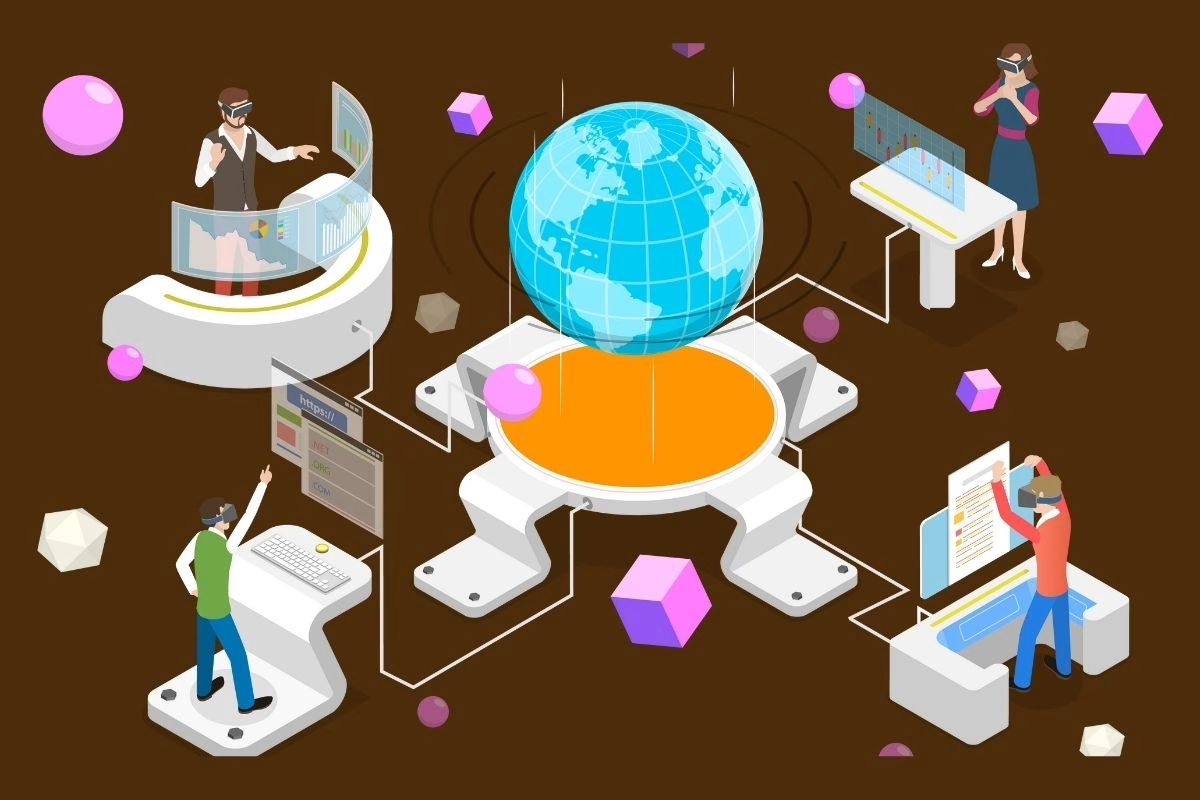Tag: Virtual Worlds
-

What Is The Future Of The Metaverse Economy?
The text explores the burgeoning Metaverse economy, emphasizing its potential and challenges. It details how…
-

What Is The Metaverse Economy, And How Are Virtual Worlds Monetized?
The provided text is an article explaining the Metaverse Economy, a burgeoning digital ecosystem where…
